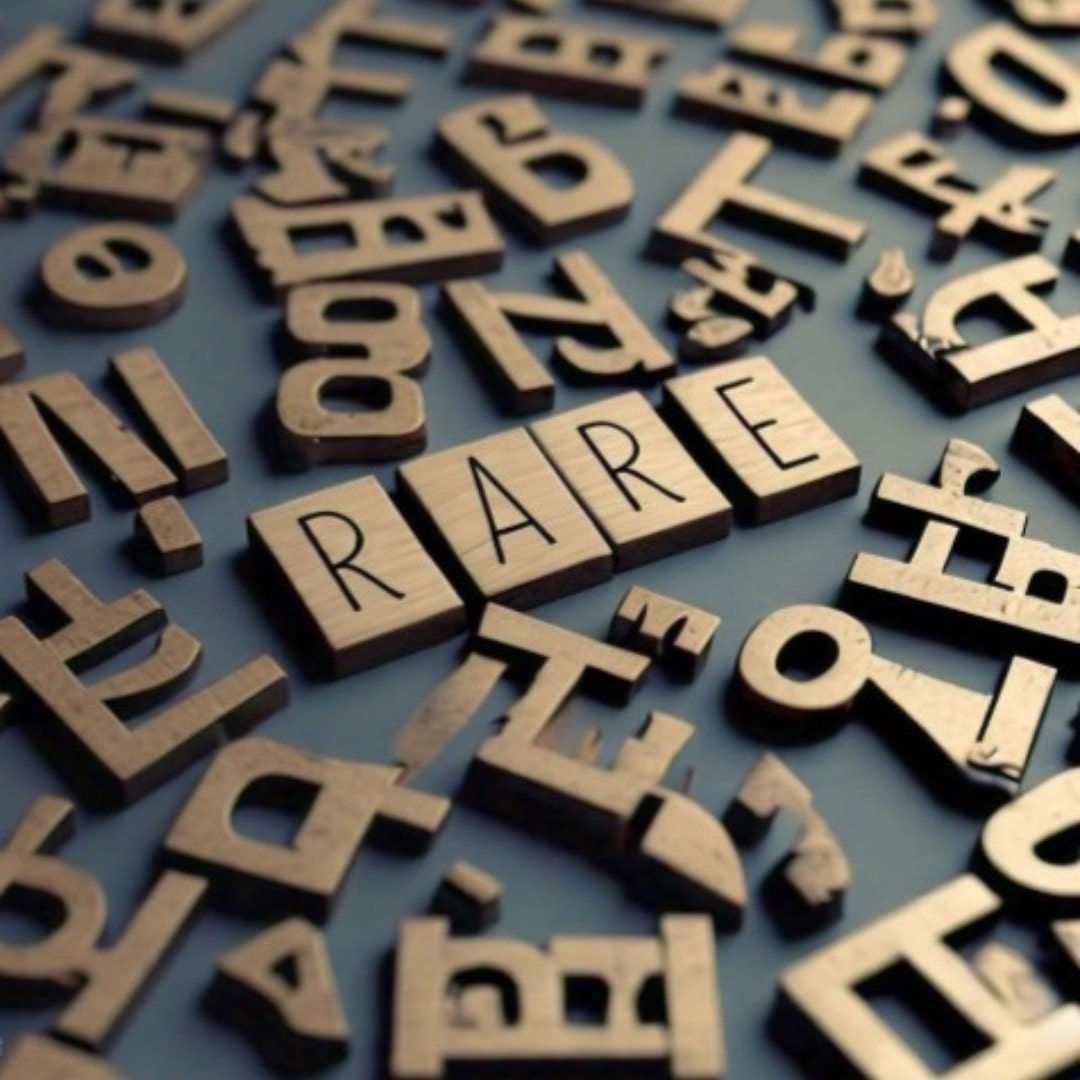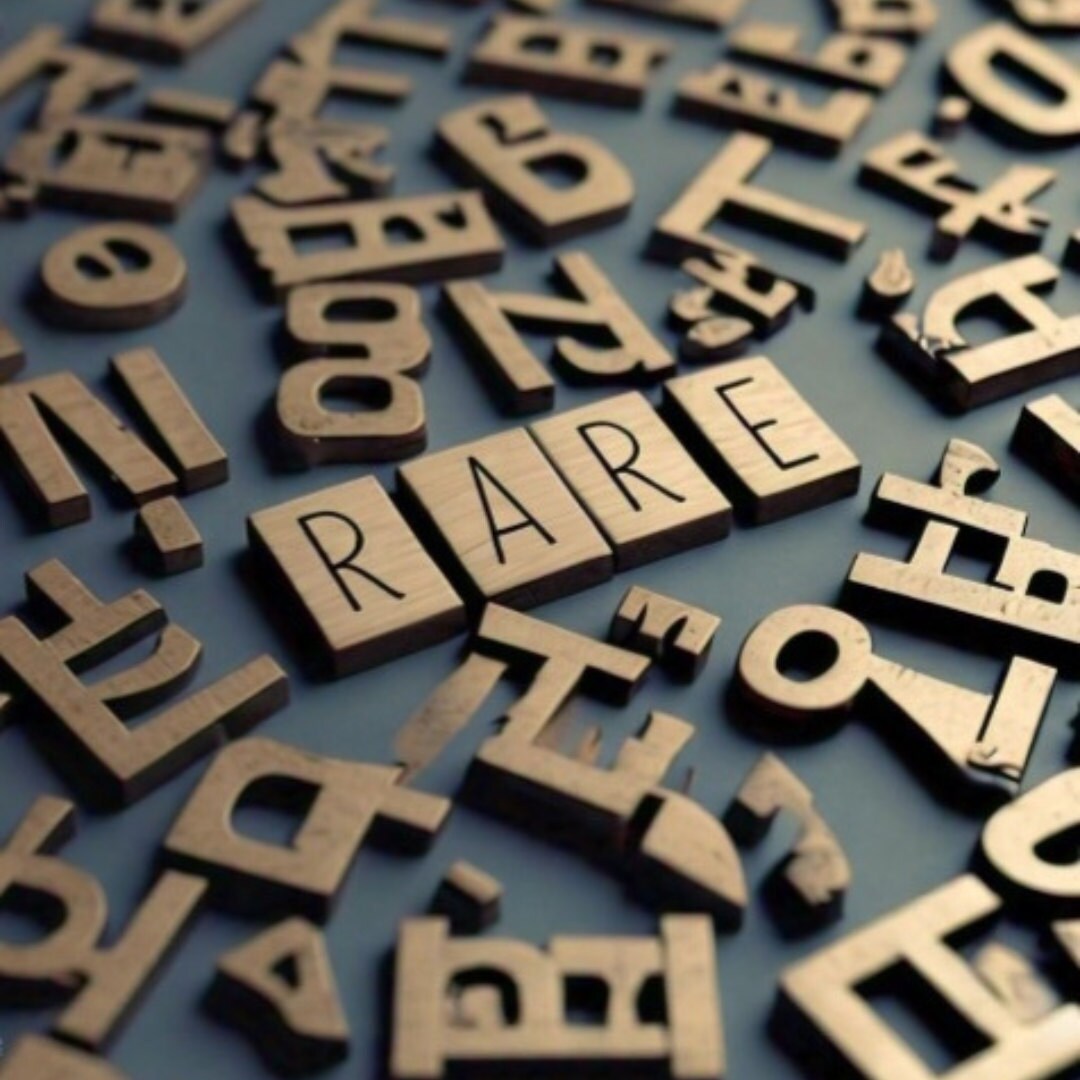
In recent years, the term "rare" has become a ubiquitous presence in marketing, popping up across various industries to describe products, services, and experiences.
While the word itself carries an air of exclusivity and uniqueness, its frequent and often casual usage has led to skepticism among consumers. In this blog post, we will explore the overuse of the term "rare" in marketing and its implications for consumer trust.
Defining Rare
To begin, it's crucial to establish what "rare" truly means. The dictionary definition refers to something occurring seldom or infrequently, possessing uncommon qualities. However, as marketers have embraced the term to boost the perceived value of their offerings, its original meaning has been diluted.
The Pervasiveness of "Rare"
Whether you're shopping for luxury goods, browsing online marketplaces, or exploring travel destinations, the word "rare" seems to be everywhere. From "rare collectibles" to "rare opportunities," it has become a go-to adjective for marketers seeking to elevate their products in the eyes of consumers. But is everything labeled as "rare" truly so?
The Erosion of Trust
The overuse of the term "rare" has led to a erosion of trust among consumers. When everything claims to be rare, it raises questions about the authenticity of such claims. Consumers are becoming more discerning, seeking transparency and evidence to support marketing assertions. This erosion of trust poses a challenge for businesses genuinely offering rare products or experiences.
The Impact on Consumer Decision-Making
As consumers become desensitized to the term "rare," its impact on decision-making is diminished. What was once a powerful descriptor now risks being perceived as a mere marketing ploy. This oversaturation could result in consumers overlooking genuinely unique and limited offerings, assuming they are just another instance of the overused label.
Striking a Balance
In order to restore credibility and authenticity, marketers must exercise caution in their use of the term "rare." Rather than applying it liberally to any product or service, it should be reserved for instances where its meaning truly aligns with the offering. Providing context, evidence, and transparency can help rebuild trust and ensure that consumers are more likely to believe in the rarity of a product or experience.
While the term "rare" can be a powerful tool in marketing, its overuse has diluted its impact and eroded consumer trust. Striking a balance between authenticity and promotion is crucial for businesses looking to communicate the genuine uniqueness of their offerings. As consumers continue to demand transparency and honesty, marketers must be mindful of the language they use to ensure that the term "rare" maintains its value and significance in the eyes of their audience.
Next blog post: The Crystalline Connection: Unveiling the Importance of Sourcing Quality Minerals & Crystals (rocksity.com)
All information presented in this blog post is the intellectual property of the author. No part of this content may be reproduced, distributed, or transmitted in any form or by any means without the express permission of the author. Unauthorized use of the content is strictly prohibited and may result in legal action. Please contact the author for permission to use any material from this blog post.

